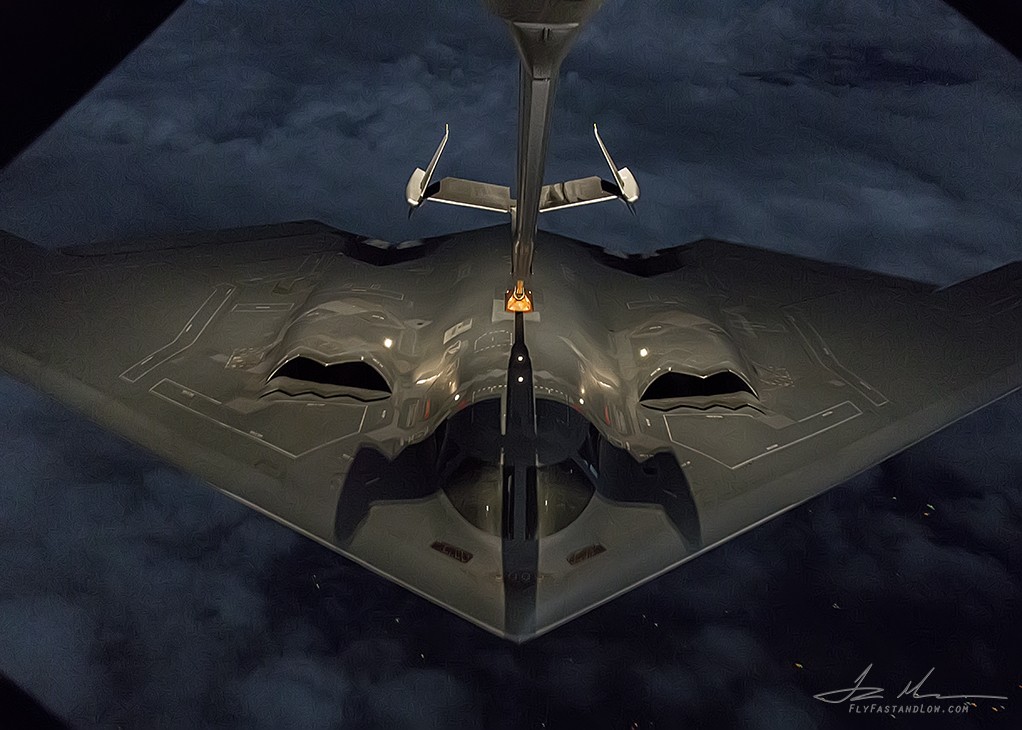
On June 22, President Donald Trump confirmed that U.S. forces had executed precision airstrikes on three Iranian nuclear sites—Fordow, Natanz, and Isfahan—marking a historic escalation in the Middle East. The strikes, coordinated with Israeli intelligence, were described by Trump as having “obliterated” Iran’s nuclear infrastructure. The move comes after weeks of Iranian missile attacks on Israel and mounting threats against U.S. allies.
Trump’s address to the nation emphasized that the U.S. is “not at war with Iran, but with its nuclear program.” He warned Tehran that “peace or tragedy” lies ahead, depending on its next steps. Defense Secretary Pete Hegseth echoed the sentiment, stating the U.S. would act “swiftly and decisively” if provoked.
From a conservative perspective, the strikes represent a long-overdue correction to years of appeasement and failed diplomacy. Critics of the Obama-era Iran deal argue that it emboldened Tehran and allowed its nuclear ambitions to fester. Trump’s decisive action is seen as a return to peace through strength—a doctrine that prioritizes deterrence over endless negotiation.
The strikes also reignited debates over executive war powers. While Democrats decried the move as unauthorized, Republicans rallied behind the president, asserting that Congress cannot micromanage national security. As tensions rise, the right calls for unity behind American leadership and a renewed commitment to global order through strength.



